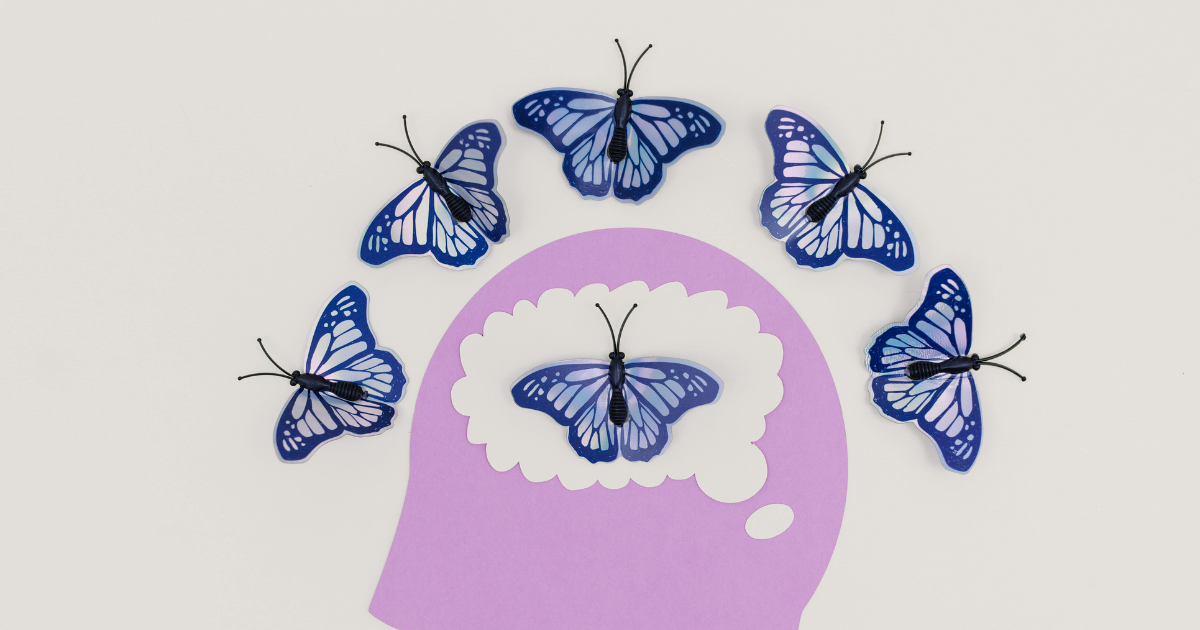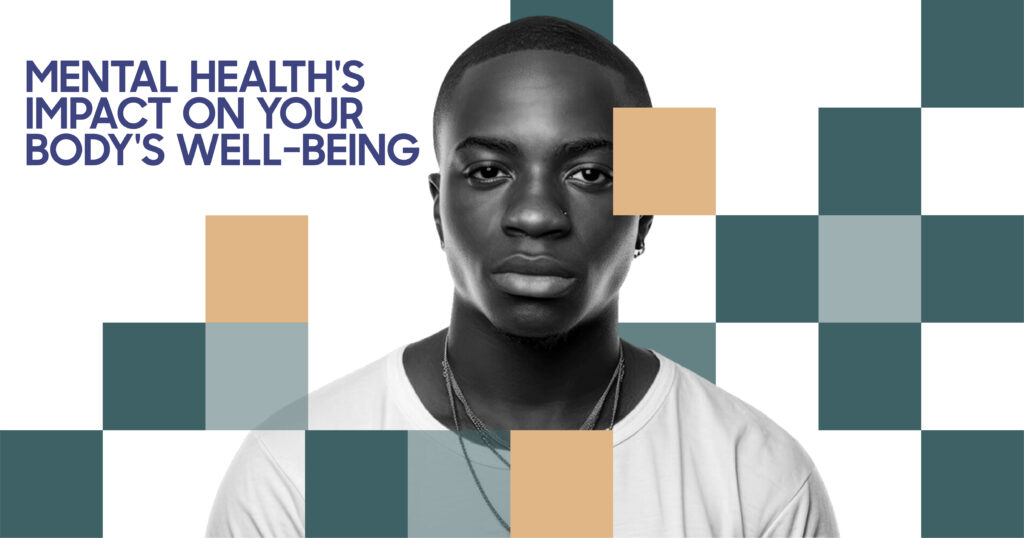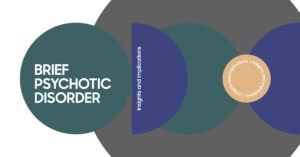The connection between the person’s body and mind is undeniable – when you feel down emotionally, you will experience physical discomfort, and when you are ill or injured, it will take a toll on your mental state. How does mental health affect physical health? And what can be done to resolve the problems that stem from your feelings and emotions? Read this guide to learn more about the physical manifestations of mental health issues and discover the tips you can utilize to feel more youthful and vibrant despite various health complications.
The Connection Between Mental Health and Physical Health
When you feel emotionally stable and there are no inner conflicts to resolve, your body will feel good as well – no symptoms you would attribute to any physical or mental health condition. However, different anxiety disorders, untreated depression, cumulative stress, and emotional dysregulation can easily result in unpleasant physical sensations. When you have a headache you cannot explain, feel nauseous before an important work event or social gathering, or lose your appetite and sleep after an argument with someone, you should analyze your current emotional state while also looking for ways to lessen your pain and discomfort.
Understanding the Mind-Body Link
The relationship between your mind and body is not something you should take for granted – make sure you take action when your mental or physical health is not at its best so that you do not have to deal with physical or mental health issues respectively. When it comes to health, the whole-person approach is the right one – you are not just your feelings or your body so it is understandable your emotions are hurt when you are diagnosed with a chronic physical illness and your body feels weak and devoid of energy due to depression.
How Stress and Anxiety Manifest Physically
Here is an overview of the most common bodily symptoms of chronic stress and anxiety:
| Symptom | Description |
| Headaches | Your head will hurt in random spots – the pain may be sharp or dull. Headaches can also develop into migraines, and it will significantly lower your quality of life and prevent you from being able to concentrate on your professional and personal duties |
| Dizziness | When you are anxious and scared, you may feel light-headed which is dangerous especially considering injuries you might get when you fall and accidentally hit your head |
| Back Pain | Muscle tension can also be the result of accumulated stress, and it will manifest in back pain, soreness, stiffness, and back spasms that force you to move as little as you can or even stay in bed |
| Teeth Grinding | People with anxiety often grind their teeth and clench their jaws which may impact their oral health, cause insomnia, and contribute to lasting headaches |
| Slow Metabolism | Anxious individuals try to lift their spirits with the help of tasty meals which are not always healthy. Overeating in particular will slow down your metabolism, make you gain weight, impact your body image, and even cause diabetes and hypertension |
How Mental Health Affects the Immune System
As we are searching for a correct answer to the question “How does mental health affect physical health?”, it is necessary to take a closer look at the first-line defence against illnesses that might incapacitate you for quite a while. Your immune system safeguards you as you interact with countless germs in your home and outside – viruses, bacteria, and parasites are hard to avoid so your immune system being in great condition is one of the key factors for you to stay healthy in general. When you are stressed, depressed, or diagnosed with an incurable mental illness, you forget to take care of your immune system and stay on top of exercise, nutrition, hygiene, and sleep routine which makes you vulnerable to viruses and infections.
Stress, Depression, and Lowered Immunity
If you decide to disregard your stress and anxiety, they can easily transform into depression, and you will acknowledge the symptoms of the latter only when you have an opportunity to step back and analyze your emotional well-being. Emotional dysregulation and mental exhaustion are often associated with immune system disorders, and the lifestyle you lead during a depressive episode will only exacerbate your condition especially if you do not sleep enough, neglect nutrition, and drink to calm your nerves.

Supporting Both Mental and Physical Wellness
The mind-body connection is a real thing, and you cannot hope to have a healthy mind without a healthy body and vice versa. In today’s fast-paced world, it feels nearly impossible to overhaul your life and start over to benefit your emotional well-being and physical fitness but do not forget that every journey begins with a small step. If you can come up with mindful habits that do not take much time and incorporate them into your daily routine, the quality of your life will improve, and you will only notice it by looking back and comparing yourself to the person you were just a few weeks or months ago.
Small Lifestyle Changes That Make a Big Difference
| Advice | Description |
| Fix Your Sleep | Sleep fifteen minutes longer every night, avoid screens for half an hour before you go to bed, wake up at the same time every morning, and do not drink caffeine during or after dinner – there are ways to create a sleep schedule that suits you with these seemingly minor changes |
| Get Adequate Rest | Create a self-care routine so that you can have something to look forward to when you are busy. When you know there will be an hour when you do yoga, meditate, practice aromatherapy, or reflect on the events of the day with journaling, you will feel less stressed out |
| Replenish Your Energy With Food | If at the moment you cannot completely change your diet, you should still rely on some healthy foods and snacks that can boost your mood and fitness. Eat more fruits, berries, and vegetables, eat fish at least once a week, and cook for yourself more instead of eating ready-made meals |
| Go Outside | Staying home and doing nothing sounds great but what if you try to do the same thing outside? Even if you cannot connect with nature every day, simply going out for a short walk or sitting on the bench and breathing fresh air is a much more stimulating activity for your body and mind alike |
Ready to Reclaim Your Health With Treat Mental Health?
If you can maintain a balance between your mental and physical health on your own, it is great, but some people do need guidance so that they know exactly what to do and how to reset all the areas of their lives simultaneously. The specialists of Treat Mental Health are ready to answer the question “How does mental health affect physical health?” in further detail and help you tackle psychological and physiological challenges that do not let you be the best version of yourself – reach out to us without delay and learn how you can rebuild your life with self-confidence, clarity, and determination.

FAQs
How does stress management influence the mind-body connection and affect physical health?
When you are able to manage your responses in particularly stressful situations and maintain a positive attitude, your body will thank you. You will be able to breathe normally, your heart rate will not frighten you, and there will be no allergic reactions or rashes that used to bother you in the moments of stress.
What role does emotional well-being play in the management of chronic illness?
You can be in control of your symptoms and mood even if you are diagnosed with an illness that has no cure if you do not forget to prioritize your mental wellness. Connect with people who have the same symptoms, dedicate time to hobbies and activities that keep your body active and your brain sharp, and do not hesitate to utilize alternative therapy modalities if standard treatment programs have not yielded the results you hoped for.
Can anxiety disorders lead to psychosomatic symptoms impacting the immune system?
Severe anxiety can make a person more susceptible to viruses and infections. Due to high levels of cortisol and adrenaline – especially if you are prone to anxiety attacks – your body lacks its usual protection from diseases so many people develop illnesses largely caused by intense stress.
How does depression impact physical health through the mind-body connection?
Many depressed people notice there are aches they cannot attribute to a particular physical illness – it is possible to suffer from back pain, gastrointestinal issues, and joint pain if you are going through a depressive episode without proper treatment.
In what ways do chronic stress and anxiety disorders affect the immune system?
Your immune response is suppressed when you have to combat stress and anxiety all the time – it is more likely that you will get sick and infected if you are struggling mentally because your body cannot fight germs which may lead to lasting respiratory diseases such as asthma and pneumonia.








